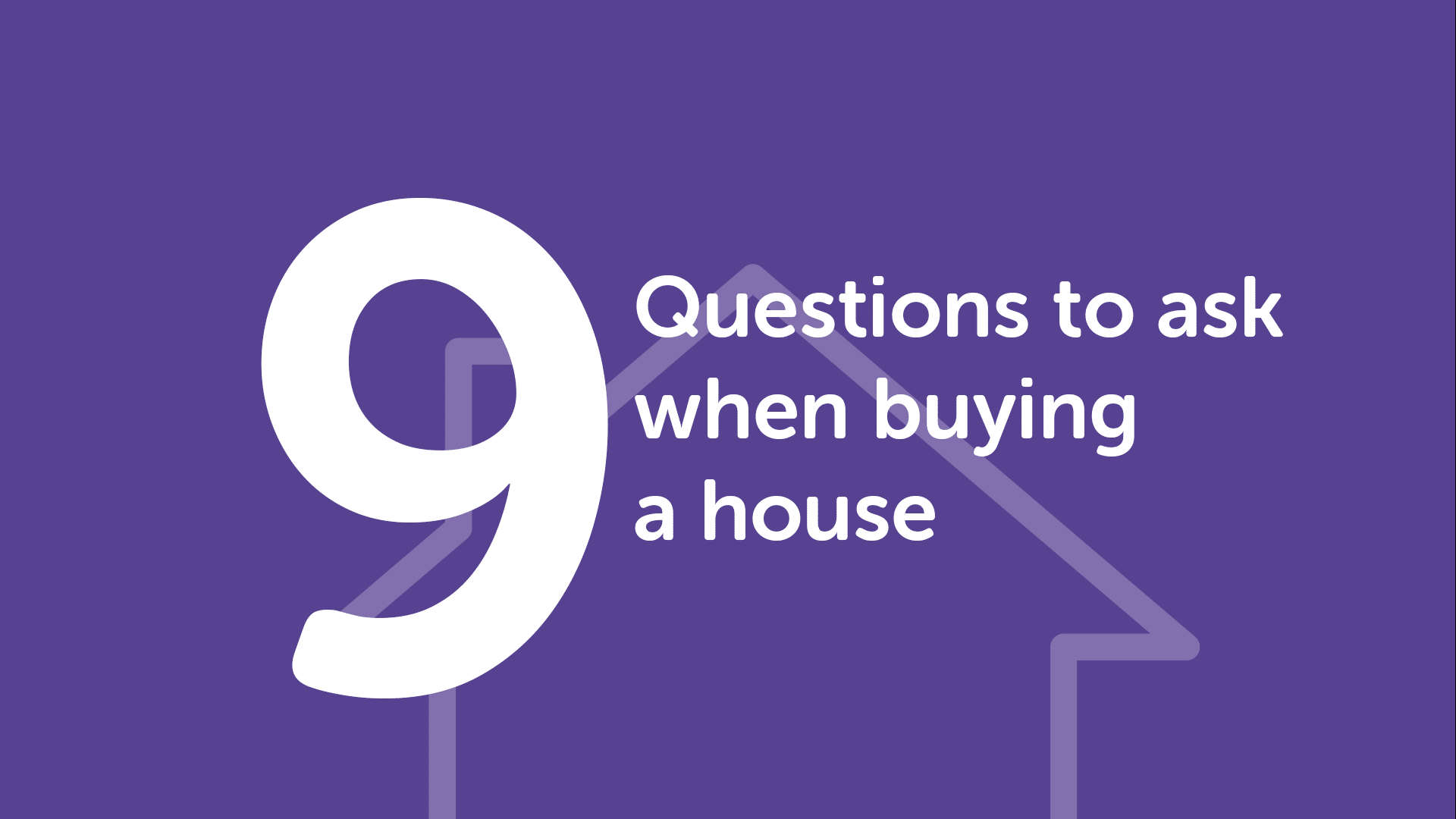Mortgage Advice in Wirral
As a first time buyer in Wirral, it is natural to feel overwhelmed during the home buying process. As a trusted and experienced mortgage broker in Wirral, we have helped countless customers through the mortgage process, helping them achieve their dream of homeownership.
In addition to securing the right mortgage, finding your ideal property can be both an exciting and daunting task, leaving many unsure of what questions to ask the estate agent during property viewings.
As a mortgage broker in Wirral, we recognise the challenges that buyers may face and have therefore compiled a list of key questions that we recommend asking before you make a property purchase in Wirral.
Our aim is to provide you with the necessary knowledge and support to make informed decisions and ultimately secure the home of your dreams.
The 9 Most Common Questions:
1. How much interest has there been in the property?
The level of interest shown by other potential buyers in a property can provide a lot of insight into the amount of time you have to make a decision. Additionally, it can also reveal other crucial factors.
For instance, if a large amount of people have viewed the property but no one has made an offer, it could indicate that the asking price is too high, or there may be a flaw with the property that has put off many people.
To gauge the amount of interest a property is receiving, you can either ask the estate agents directly or check the number of people who have viewed the property if the information is available.
This will allow you to make a more informed decision on whether the property is right for you and if you need to act fast to secure it.
2. Is there a property chain?
When looking to buy a home, you may find yourself caught up in a property chain. This happens when the seller is waiting for the sale of their property to go through, which can hinder your own purchase. Property chains can involve multiple transactions and buyers, making it quite complicated.
As a homebuyer, being part of a property chain can have a big impact on your mortgage journey. It can cause delays and uncertainties, as you are essentially waiting on the completion of the seller’s property sale before you are able to proceed with your own purchase.
On the other hand, if you are buying a property that is not caught up in a chain, you may be able to move into your new home much quicker. Sellers often prefer buyers who are not part of a chain, as it means there is a lower chance for complications or delays in the buying process.
It is always a good idea to mention to the estate agent or seller that you are not part of a property chain, as it can work in your favour when negotiating the sale. This can make you a more attractive buyer, as you are able to move quickly and efficiently through the home buying process.
3. What’s included in the sale?
Finding items left behind by the previous homeowner can be both a good thing and a bad thing. On the one hand, it’s a welcome bonus if you plan to use the items. That said, it can become a hassle if you don’t need them, as you’ll have to dispose of them yourself.
If you’re moving into a new build, this may not be a concern as most new builds don’t come with appliances or furnishings. Some developers may offer the option to have appliances or fittings installed for an additional fee, which can be a convenient way to get your new home move-in ready.
4. What are the neighbours like?
Getting a good idea of your potential neighbours can be a key factor in your decision to buy a property, especially if you are unfamiliar with the area.
For those who are considering purchasing an existing property, they may have the opportunity to experience the community atmosphere and get a feel for their neighbours by visiting the area.
If you are interested in purchasing a new build property, this may not be possible, as there may not be any established neighbours to meet prior to the purchase.
5. How much does it cost to run?
It is key to find out how much the costs of running the home will be, such as gas and electricity. Asking this question can be important, as you can have a further understanding of what the monthly bills would be like living in this property.
When considering purchasing a property, it is important to factor in the costs of running it. The cost of gas and electricity can vary depending on a number of factors, including the size of the property, the age of the property and the energy efficiency of the property.
By asking about the estimated costs of running the home, you can gain a better understanding of how much your monthly bills will be and whether this is an affordable option for you.
It is also important to consider any other bills that may be associated with the property, such as water rates and council tax.
6. Which way does the house face?
For those who love to spend their sunny evenings in their garden and like to read in natural light, you may be particular about which way the property faces.
The direction in which a property faces can have a big impact on the amount of natural light it receives throughout the day, which can affect how comfortable and enjoyable it is to live in.
South-facing gardens are highly sought after as they receive the most sun throughout the day, making them perfect for outdoor entertaining and gardening. That being said, however, properties with south-facing gardens often come at a premium price.
It’s important to consider whether having a south-facing garden is worth the extra cost, and whether there are other factors that are more important to you when choosing a property.
7. How much work will be required after moving in?
Despite this showing on the property survey, it is key to know what type of work will be required on the property. Things you will need to consider include:
- Energy efficiency on the home: This refers to how well the property is insulated and how efficiently it uses energy. An energy-efficient property can help to reduce your energy bills and is better for the environment.
It is important to consider the energy efficiency of a property before purchasing it, as this can affect the cost of running the home in the long-term. - Damp issues: Damp can be a major problem in older properties, and can lead to a range of health problems as well as damage to the property.
It is important to have any damp issues addressed before purchasing the property, as this can be a costly problem to fix. - Furnishing needs: It’s important to consider whether any furnishings or fittings in the property need to be altered or replaced before you move in.
This could include things like carpets, curtains or light fittings. By taking these factors into account, you can budget accordingly for any additional costs that may be required after purchasing the property.
8. Are you open to offers?
It is always a good idea to ask about the seller’s willingness to negotiate the asking price. This can give you an idea of whether you have some room to negotiate or not. If the seller is open to offers, it could work in your favor to offer a slightly lower price.
Make sure that your offer is still beneficial to the seller. For instance, if you can complete the purchase quickly, without being caught in a property chain, the seller may be willing to accept a lower offer to ensure a fast sale.
9. When can I move in?
Setting a move-in date can be very helpful, especially if you are part of a property chain. It’s a good idea to inform your buyer of the move-in date as well so that they can plan accordingly.
Having a move-in date in place can help you organize your move and start booking services such as removal vans.
If you are considering moving home and need help with your mortgage, as an experienced mortgage broker in Wirral can help! Book your free mortgage appointment today and we’ll see how we can be of assistance.
Mortgage Broker in Wirral
Date Last Edited: August 1, 2023












